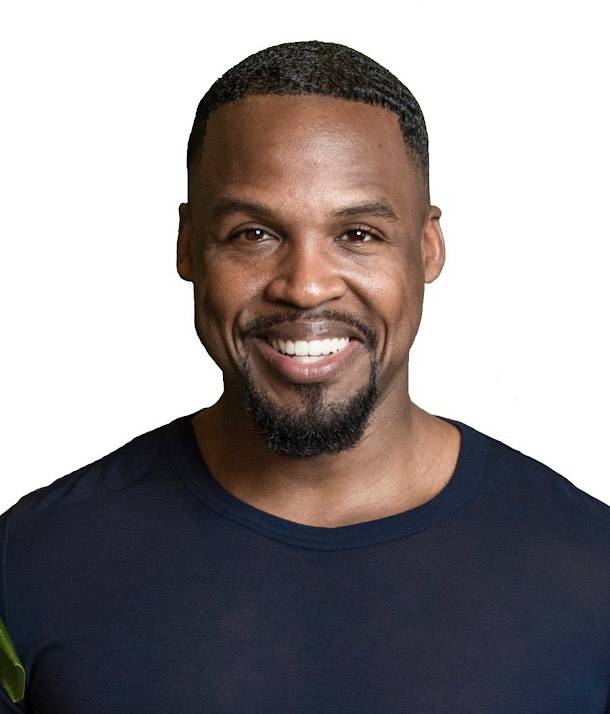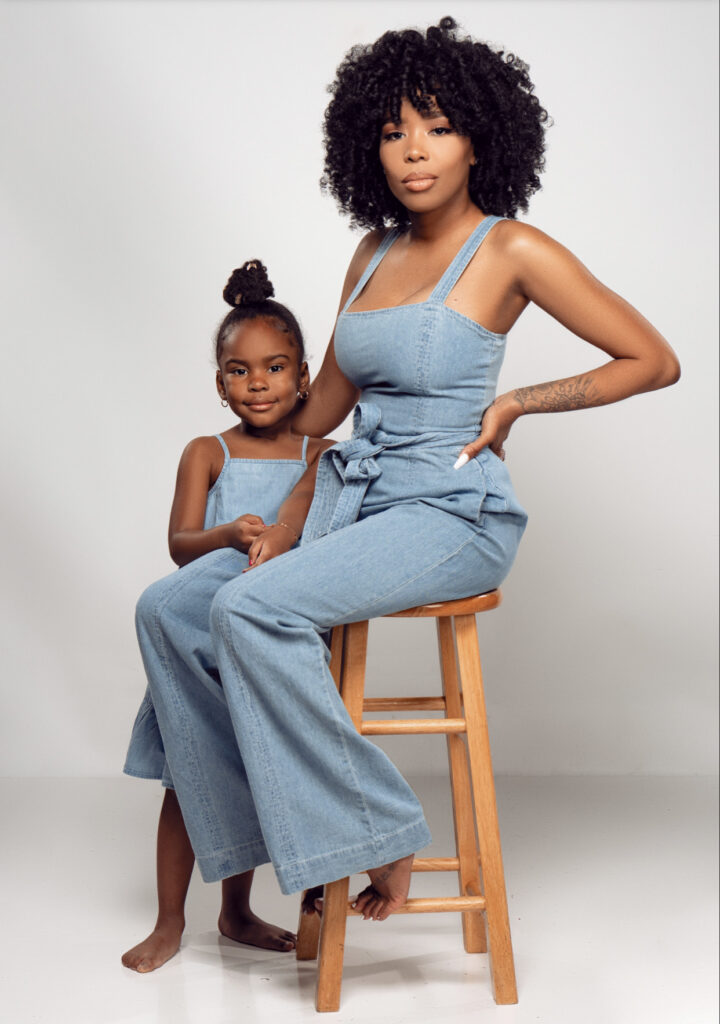Written By: Tanisha D. Davis
According to recent federal data, there are currently more than 400,000 children in foster care in the USA. They range from infants to age 21 in some states.
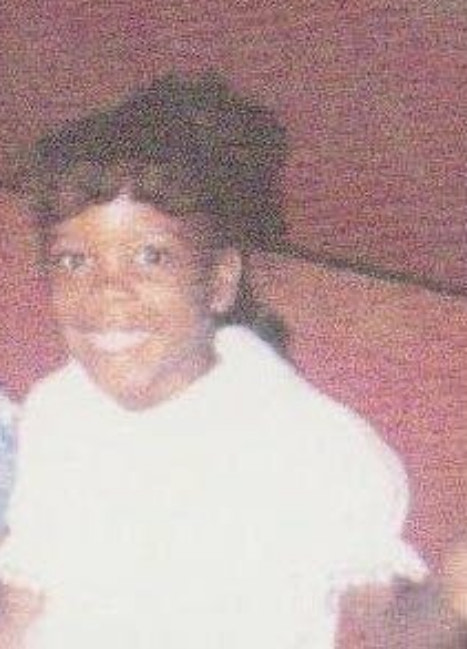
I was raised up in and out of Foster Care starting at age 3 according to my paperwork from a social worker. I was returned to my mother at age 6 and then taken away again at age 8. When I turned 16, due to physical and verbal abuse in the home I was in, I ran away, and with the help of a friend, I contacted social services where I was later placed into the custody of a relative.
I was with that relative for a short time before they had my social worker come get me and find me another home. My journey in Foster Care ended at the age of 19.
When I think of it all, it was a horrible feeling to be a child moving from home to home and never having stability. You feel like the world has given up on you and you are just a number in the system amongst what I felt like was “abandoned” kids.
You never feel safe, and you live through your little black bag of clothes that you gather together each time you get informed they are moving you again.
I experienced physical abuse as a child in two of the homes I was placed in. So that made me less likely to trust people and I was very antisocial. I saw no reason to get attached to anyone because I knew my stay was possibly short-term. I had a lot of anger in me during those times because you just can’t understand why no one seems to want to keep you or adopt you.
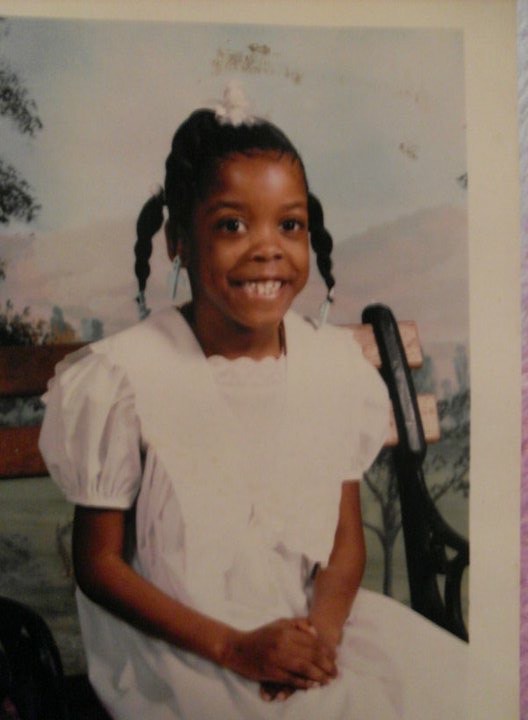
In every home, although I knew I had a mother and father in the world, I still longed for someone to fill the void I was missing from what a mother or father could give me.
I desired to be accepted. I desired to be loved. I desired to be treated fairly.
I was tired of being what I felt was “rejected”. I wanted these people to know that just because I’m in Foster Care, doesn’t mean I’m a bad child or that I’m not worthy of equal love.
Now sure, in most of these homes, the family had their natural kids living there and that was tough at times because you just knew that no matter what they told you, you would never be loved the same as their own children. Some made it very obvious and when in public, they would tell people that you were their “foster child”.
I can’t tell you how many times I hated being labeled as their “foster child” like I was some worthless project they picked up from the thrift store. They made sure people knew this is not mine and I felt it heavily.
I feel that some parents who go into Foster Care are not properly trained from the perspective of the child. In knowing these things you will know how to speak and handle a child in Foster care. You will understand how important your word choice and behavior are to that child.
Kids need to feel like they belong and like they don’t have to fight to be accepted by you. It should be a natural love and feeling that you give. This is a huge struggle in Foster Care among the parents. They treat the child like a lost puppy that they plan to return as soon as possible. When you enter the home, they lay down the rules from the paperwork they receive and they don’t spend money on you unless it comes from a voucher that your social worker provides.
And if they plan on taking a vacation then they send you to what is called respite. This is when another foster family temporarily cares for another family’s foster children.
How cool is that right? To live with people who don’t even feel you deserve to go on a family vacation with them?! This is why it leads to more traumatic problems for the child/teen.
Another issue I noticed and shall speak on is if that child grows comfy enough to call you mom or dad then don’t go out in public reminding people they are just your “foster child” or whatever crazy term you come up with to remind them they are not part of your family. I don’t care who knows how many kids you birthed or how many you never had, avoid making that child feel like they are of no value to you.
Because them finally building up the nerve and hope to trust another person to call them their mom or dad took a lot more strength than you could ever imagine.
Tell people, this is my daughter or my son and if people look crazy or come with the questions, remind them again so they know to leave it alone and respect it.
It’s already hard enough for them in the world because they are not with their biological parents or family. They already feel rejected so don’t add to the feeling by using bad terms to acknowledge them.
I speak from personal experience of having it happen to me, it’s very embarrassing and puts a sour taste in your mouth. Especially when people hear you call that person your parent and they in return call you something different.
For teens in Foster Care, it’s extremely hard because most do not want to even take in a teenager. They assume the child is going to come in and start problems, steal, or whatever other crazy story they have been told from people who have never fostered kids.
In some cases, teen girls are often mistreated by some of the women in these homes if that woman is married because they are assumed to be a threat. Yeah, I know it’s weird, but trust me it happens.
They don’t want you getting too close to their husband or family because they have created the strangest scenarios in their minds. This is usually because of the stories they have been told by their friends or family, so now an innocent young girl who has been through enough trauma has to live automatically judged before she even has a chance. She now has to fight to prove she is worthy of being in the home and doesn’t have a hidden agenda for getting close to people, which leads to depression. The whole idea of being placed in the home is for the child to feel loved and hopefully grow close enough to you to feel like you are family.
Teens, whether male or female are also twice as likely to be molested in some Foster Homes and the stories go untold or unheard of because they are simply just “a case number” and reminded that it’s already hard enough to find placement for them. Thankfully I never had to experience it, but I knew of other teens through the group meetings who had.
I was turning 17 when God blessed me to be placed with a family that soon became my final and last home. Not only was this a hooray moment for me, but God works in mysterious ways because I found out through my great grandmother who since has passed that the family I got placed with were actually my cousins. How about that! That information gave me a boost of confidence and a feeling of belonging finally. No one could ever make me feel like I was an outsider again.
To this very day, I still call them my parents, I make others aware that they are my parents and I never go around calling them anything other than that outside the home. My daughter knows them as her grandparents and nothing else. At age 27 I found my biological father and met him. I always maintained a relationship over the years with my biological mother who since passed in 2020, we built a good relationship and I was able to overcome past traumas.
It’s tough in this world for kids and teens in Foster Care, please keep that in mind if you are considering becoming a Foster Parent. Not all of them are bad, some are only reacting from past traumas of bad homes, so be patient with them. They simply just need someone to show them that they are loved and accepted and most importantly, safe! If you get the chance to adopt, then do so because the next home is not always guaranteed to be a good one.
Note: Some names have been left out of this article to protect the privacy of those involved.
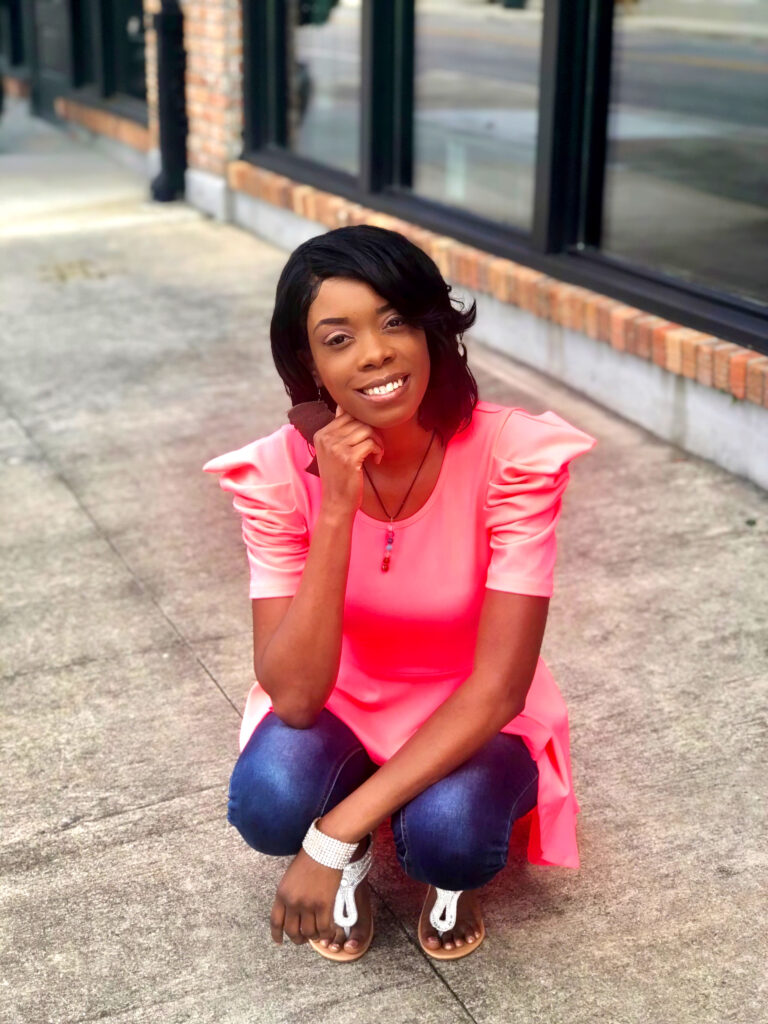
You can keep up with me on Instagram and Twitter.
To book for speaking engagements, send an email to tanishaddavis@gmail.com.
Follow Us On Social Media!



